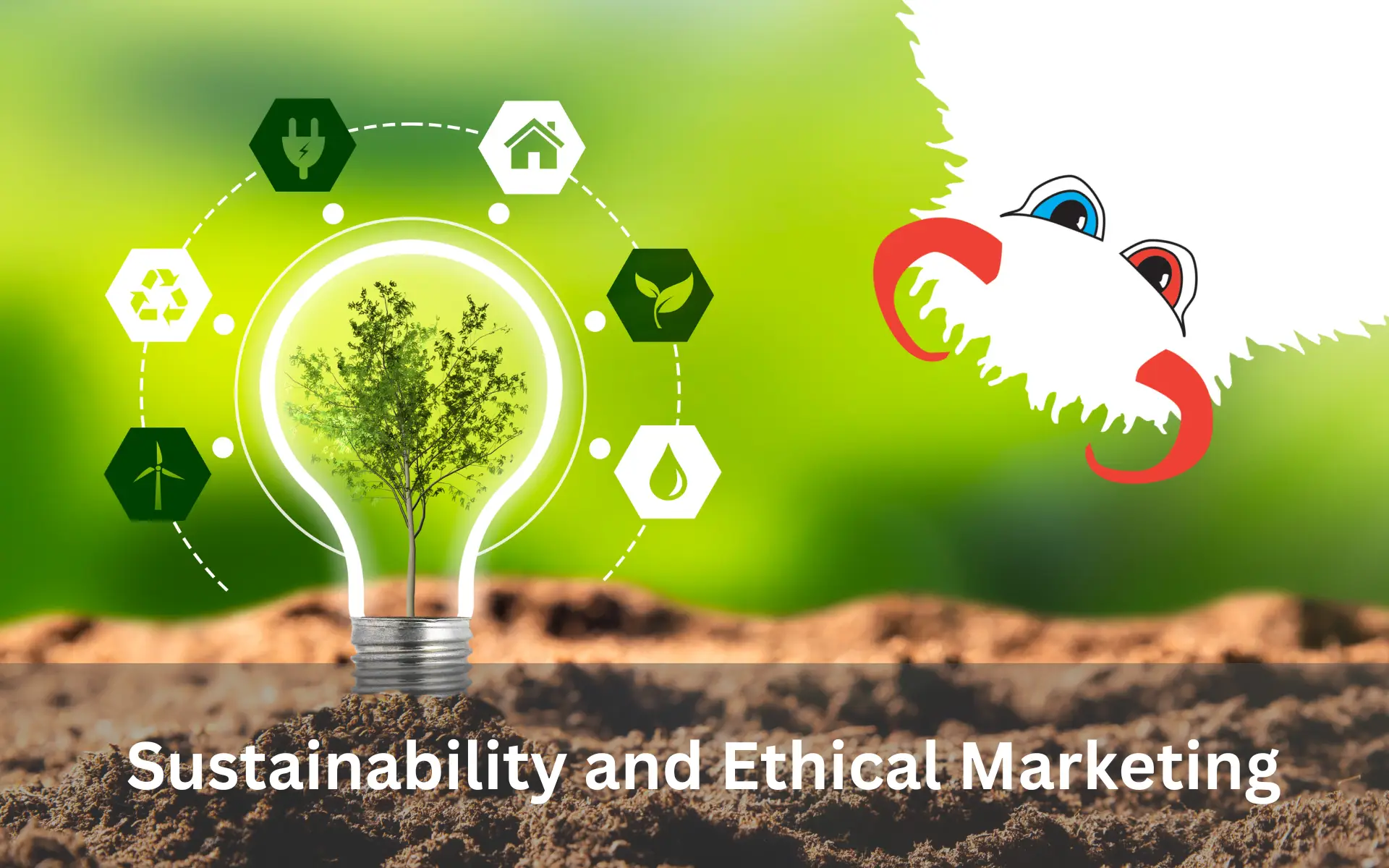Sustainability and Ethics in Marketing

By: Shreya Thareja
Marketing is no longer a sole activity of promoting products and services through various marketing channels. It has gained much more importance in today's world because today's consumers are highly socially conscious and concerned about the environmental issues as it all indirectly impacts them. So, it has now become a mandatory responsibility of businesses to achieve and maintain the ethical standards while applying their marketing strategies and contributing to a sustainable future.
As we all know that the resources are limited, it is the need of the hour for the businesses to ensure the long life span of the resources and continuously make efforts to reduce the environmental impact in order to achieve Sustainable Marketing. Whereas, promotion of products and services in an honest and socially responsible way refers to Ethical Marketing which helps in gaining the consumer's trust as well and helps the business to survive in the market for long.
The modern consumer is much more knowledgeable and picky when it comes to buying products and services. They look out for the brands which have beliefs in common with them and continuously make efforts to achieve sustainability. Transparency on the part of the business is very important as the consumers expect genuine efforts towards social and environmental causes. Avoiding manipulative strategies, unethical actions, and false promises is a requirement of ethical marketing. The goal is to develop ongoing connections with the client by earning their trust. Ethical marketing aids businesses in cultivating a foundation of dedicated customers that value sustainability and integrity.
A great example involves promoting environmentally friendly goods and services. Companies who create and sell products with lower ecological impact not only help to create a more sustainable future, but they also have access to a rising market of consumers who are ecological and socially concerned. The trick, then, is in supporting such claims with documents and hard proof.
Creative campaigns may become possible by incorporating sustainability and ethics into marketing plans. Cooperation with Non-profit Organizations, for example, can result in compelling storylines that draw attention to societal problems while also showcasing the brand's dedication to making improvements and bringing about change. Such activities not only improve the brand's reputation, but they also motivate and excite customers to take part in this kind of transformation
Despite the advancement, problems still exist. It can be challenging to strike a balance between business objectives and moral principles, and progress towards marketing that is wholly moral and sustainable is still being made. Businesses have to negotiate the complexity of the supply chain, implement environmentally friendly production techniques, and regularly evaluate the results of their efforts.
Consequently, marketing has evolved from an activity involving transactions into a forum for ethical business practices. This is due to the intersection of ethics and sustainability. Adopting these practices not only appeals to mindful customers but also helps to improve the globe. Businesses have learned that there is no survival in the market without incorporating sustainable efforts and ethics into their marketing strategies and are getting closer to achieving an equilibrium of a profit, objective, and good impact as they continue to include sustainability and ethics into their marketing initiatives.
Keywords:
- Promotions
- Ethics
- Transparency
- Moral Principles
- Sustainable Efforts
Comments

Leave Comment


 SHREYA THAREJA
SHREYA THAREJA 


Siddhant Upadhyay
8-2-2021Quite descriptive
Abhilasha Tiwari
8-2-2021Such an insightful article!